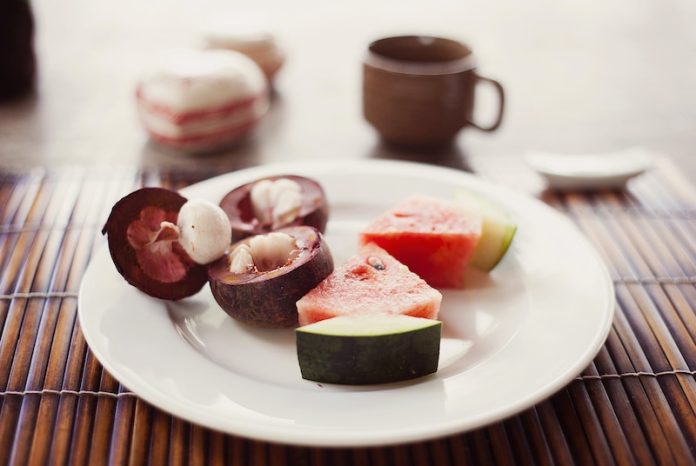
A migraine isn’t just any old headache. It’s a very strong headache that can make one side of your head hurt a lot.
It can feel like there’s a pulsing or throbbing pain.
Sometimes, migraines can make you feel sick and you might even throw up. You might also find it hard to be in bright lights or to hear loud sounds.
There are some signs that a migraine is about to start. Changes in hormones, eating or drinking certain things, stress, or exercise can all trigger a migraine.
The Study on Fiber and Migraines
A team of scientists from The First Affiliated Hospital at Jinan University did a study. They wanted to find out if eating more fiber can help prevent migraines.
To do this, they looked at information from a big survey called the National Health and Nutrition Examination Survey. The survey was done from 1999 to 2004.
After looking at the data and making some adjustments, the scientists found out something very interesting. They saw that people who ate more fiber had fewer migraines.
The Power of Fiber
For every 10 grams of fiber that people added to their daily diet, the chance of getting a severe headache or migraine went down by 11%. That’s a big deal!
However, this wasn’t true for everyone. For example, Mexican Americans and people of other races didn’t seem to have fewer migraines when they ate more fiber. The same was true for people who were a bit overweight.
More Studies Needed
This is the first study that has looked at the link between eating fiber and getting migraines.
Scientists think that eating more foods that are rich in fiber might help protect against severe headaches or migraines.
But to be sure, more studies need to be done.
What This Means for You
If you have migraines, it might help to add more fiber to your diet. Fiber comes from plant foods like fruits, vegetables, beans, and whole grains.
If you’re interested in learning more about how to manage pain, you might also want to read about how some pain relievers can increase the risk of breaking a hip and how certain vitamins can help prevent bone fractures.
You can also read about how krill oil can help keep muscles healthy in older people and how Vitamin D doesn’t seem to help with muscle pain caused by a medicine called a statin.
The study was done by a scientist named Hao Huang and his team. Their findings were published in a journal called Frontiers in Nutrition.
If you care about pain, please read studies about vitamin K deficiency linked to hip fractures in old people, and these vitamins could help reduce bone fracture risk.
For more information about wellness, please see recent studies that Krill oil could improve muscle health in older people, and eating yogurt linked to lower frailty in older people.
Copyright © 2023 Scientific Diet. All rights reserved.





